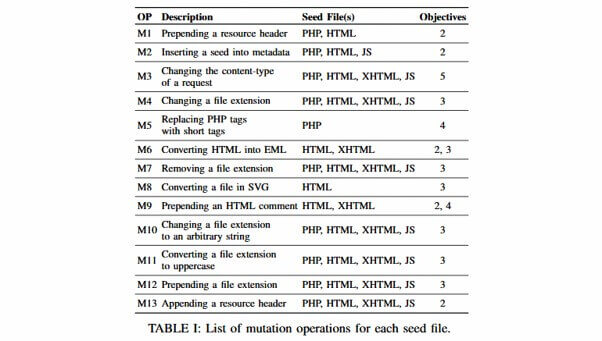
The National Security Agency (NSA) is stealing vital material from many websites in India, China, Russia, and Japan.
A Beijing-based cybersecurity organization claims, the US attacked the websites of India, Russia, China, and Japan. As a result, the business issues a technical paper describing how the NSA employs a technique known as "backdoors" to access sensitive information from these countries' websites.
According to the report, it is gaining traction for starters in China's media after the country was charged with cyber hacking by the United States. China's cyber strikes are aimed at sensitive data held by US institutions. It has become a thorn on the side of bilateral ties between the United States and China. Indian organizations, on the other hand, claim that China hacks into sensitive data from government agencies and institutions.
As per Beijing, the National Security Agency (NSA) is stealing vital material from many websites in India, China, Russia, and Japan. NSA mostly employs 'covert backdoors,' which allow trespassing authentication or encryption.
Note: Over 40,000 Cyber-Attacks Attempted on Indian Web, Banking Sector by Chinese Hackers.
The report also includes the names of the websites that the US hacks. It comprises IMTech, one of India's premier microbiological research laboratories, which is part of the Council of Scientific and Industrial Research, Indian Academy of Science (Bengaluru), as well as Websites in collaboration with Banaras Hindu University (BHU).
As per the Chinese corporation, in 2013, CIA analyst Edward Snowden leaked NSA files that were extremely useful. It's because they disclose the NSA's unique IDs. The business discovers a key that leads to a backdoor Bvp47. It is a hacking tool developed by The Equation Group in collaboration with the National Security Agency. It also leads to the identification of several similar cyberattacks using the same unique IDs as the NSA platform.
According to Shadow Brokers
The Shadow Brokers is a hacker group who first appeared in the summer of 2016. They published several leaks containing hacking tools, including several zero-day exploits, from the "Equation Group" who are widely suspected to be a branch of the National Security Agency of the United States.
“In 2016 and 2017,” the report said, “the ‘Shadow Brokers’ published two batches of hacking files claimed to be used by ‘The Equation Group’. In these hacking files, researchers from Pangu Lab found the private key that can be used to remotely trigger the backdoor Bvp47…a hacker tool belonging to ‘The Equation Group’. Through further research, the researchers found that the multiple procedures and attack operation manuals disclosed by the ‘Shadow Brokers’ are completely consistent with the only identifier used in the NSA network attack platform operation manual exposed by CIA analyst Snowden in the PRISM incident in 2013.”
The report, which explained the technicalities of how the backdoor worked, said this was “a backdoor communication technology that has never been seen before, implying an organisation with strong technical capabilities behind it.”
“As an advanced attack tool, Bvp47 has allowed the world to see its complexity,” it said. “What is shocking is that after analysis, it has been realised that it may have existed for more than 10 years.”
The report listed dozens of sites — many universities and scientific research institutes — that had reportedly been compromised in countries, including both U.S. adversaries and allies and partners, ranging from India and Japan to China and Russia.
Confutation to U.S. allegations
The report is being framed by the Chinese media as a rebuttal to U.S. allegations of Chinese cyber hacking. China-linked cyberattacks have targeted a number of U.S. institutions and become a thorny issue in U.S.-China relations.
Indian agencies have also reported cyber-attacks from China targeting a wide range of institutions, including government departments. The Union Power Ministry said last year that “state-sponsored” Chinese hacker groups had targeted various Indian power centres but added that the groups have been thwarted after government cyber agencies warned about their activities. This followed a report from a U.S. cyber security firm linking a major power outage in Mumbai in 2020 to hacking attacks by China-linked groups.





